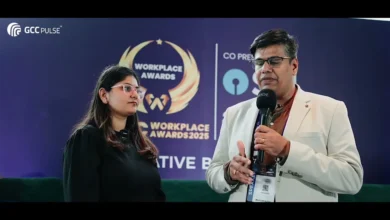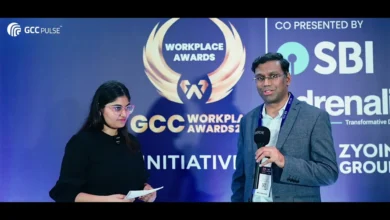Author
-
Editorial Desk brings you expert insights, industry trends, and thought leadership on the evolving GCC (Global Capability Centers) ecosystem.
View all posts





